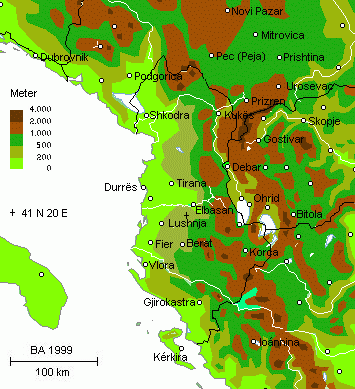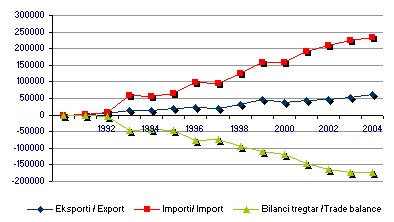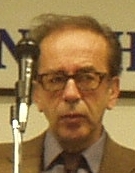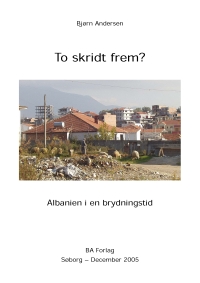Sidste Nyt fra Albanien, Kosóva og Makedonien
The Latest News from Albania, Kosóva and Macedonia
![]()
# 334 - 9' årgang - 25.05.2007
Version 1.0 •
PDF for printing •
Info om »Sidste Nyt« •
Tidligere numre
![]()
Udgiver:
Bjørn Andersen
Publisher:
Bjoern Andersen

Paul Wolfowitz, Verdensbankens øverste direktør er blevet tvunget til at træde tilbage efter 2 år på posten. Se under: USA og: Danmark. Officielt foto fra Verdensbanken. © Simone D. McCourtie/World Bank, April 2007.











